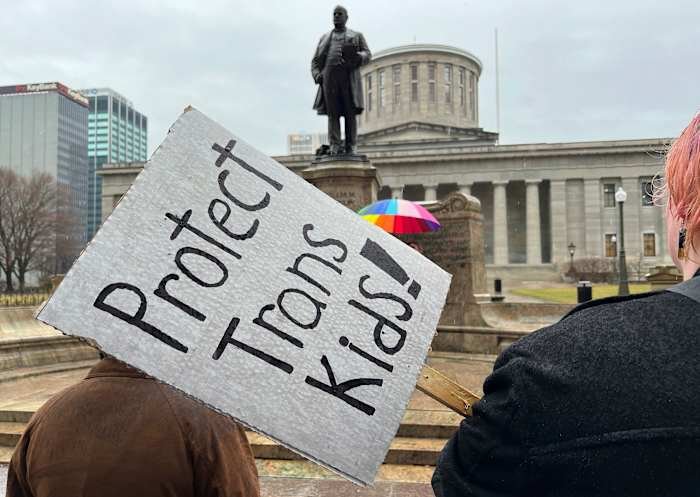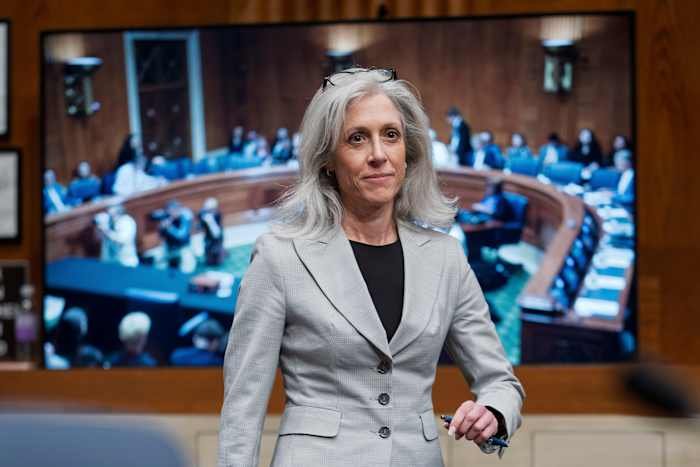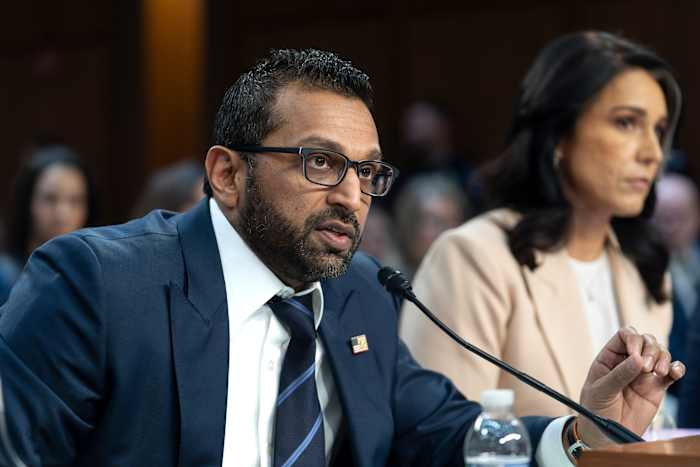Introduction
In a significant legal development, the Ohio Supreme Court has narrowly allowed the state’s ban on gender-affirming care for minors to take effect, even as legal challenges continue. The decision has sparked national debate and raised important questions about the future of transgender health care across the country. For Orlando families—especially those with transgender youth or connections to Ohio—this ruling is more than just distant news. It’s a signal of shifting tides that could affect local policies, healthcare access, and the emotional well-being of our community. In this blog post, we dive into the details of the Ohio ban, its broader implications, and what Orlando residents need to know.
Understanding the Ohio Gender-Affirming Care Ban
The law in question, known as House Bill 68, prohibits doctors from providing gender-affirming treatments such as puberty blockers, hormone therapy, and surgeries to individuals under 18. The Ohio Supreme Court’s recent decision allows this law to be enforced while an appeal is pending. As a result, families and healthcare providers in Ohio are facing abrupt changes in care options for transgender youth.
While the law is specific to Ohio, its effects are already rippling across the nation. Healthcare professionals, legal experts, and advocacy groups are closely watching how this case unfolds, as it may influence similar legislation in other states, including Florida. In fact, Florida has seen its own share of debates and legal battles over gender-affirming care for minors, making the Ohio case particularly relevant for Orlando residents.
How the Ruling Affects Orlando Families and Providers
Orlando is home to a vibrant LGBTQ+ community, and local healthcare providers have worked hard to offer inclusive, affirming care for all youth. The Ohio Supreme Court’s decision raises concerns that similar restrictions could be proposed or enforced here. Some Orlando families have personal ties to Ohio—through relatives, college students, or job transfers—and may be directly impacted by the law. Others are watching closely, worried about the precedent this ruling might set.
Local clinics and mental health professionals are already fielding questions from concerned parents and teens. According to Dr. Maria Nguyen, a pediatrician in Winter Park, “Even though this is happening in Ohio, it sends a message to families in Florida that access to care could change quickly. We’re encouraging parents to stay informed and advocate for their kids.”
Additionally, some Orlando area families with the means to travel have begun seeking care in more supportive states, highlighting a growing trend known as “medical migration.” This can add financial and emotional stress, especially for those without the resources to travel long distances for essential healthcare.
Legal and Political Implications for Florida
Florida lawmakers have already proposed and debated restrictions on gender-affirming care for minors, with some measures gaining traction in the past year. The outcome of the Ohio case could influence legal strategies and public opinion here in the Sunshine State. Legal experts warn that if the Ohio law is ultimately upheld, it may embolden Florida legislators to pursue even stricter regulations.
For Orlando’s legal advocates and LGBTQ+ organizations, this is a critical moment to monitor state and federal courts, engage with lawmakers, and educate the community about their rights. The ruling also underscores the importance of voting in local and state elections, as these decisions often have a direct impact on health care policies.
Community Resources and Support in Orlando
In response to growing concerns, Orlando nonprofits and support groups are redoubling their efforts to provide resources, counseling, and safe spaces for transgender youth and their families. Organizations like the Zebra Coalition and The Center Orlando offer support groups, legal clinics, and educational workshops to help families navigate these uncertain times.
Healthcare providers in the Orlando area are also working to stay up-to-date on the latest legal developments and best practices for gender-affirming care. Many are committed to maintaining a welcoming environment for all patients, regardless of what happens in other states. Families are encouraged to reach out to local resources, stay engaged with advocacy organizations, and connect with others who understand what they’re going through.
Voices from the Orlando Community
The Ohio Supreme Court’s decision has sparked a range of reactions among Orlando residents. Some parents, like Lisa M., a mother of a transgender teen in East Orlando, say they feel anxious but determined: “We’re watching these court cases closely and making sure our child knows we have their back. Our community here has been a lifeline.” Others are calling for greater awareness and action, urging city leaders and the local school board to support inclusive policies.
At the same time, some Orlandoans believe in a cautious approach to medical interventions for minors and support the right of states to legislate healthcare practices. These diverse perspectives make it all the more important for respectful dialogue and fact-based reporting as the debate continues.
Conclusion
The Ohio Supreme Court’s decision to allow enforcement of a ban on gender-affirming care for minors is a pivotal moment for transgender rights and healthcare access nationwide. For families and providers in Orlando, it’s a reminder to stay informed, connected, and engaged as similar debates play out closer to home. What do you think about the impact of out-of-state laws on our local community? Have you or your family been affected by changes in healthcare policies? We invite you to share your thoughts, stories, or questions in the comments below—your voice matters to the Orlando conversation.
















